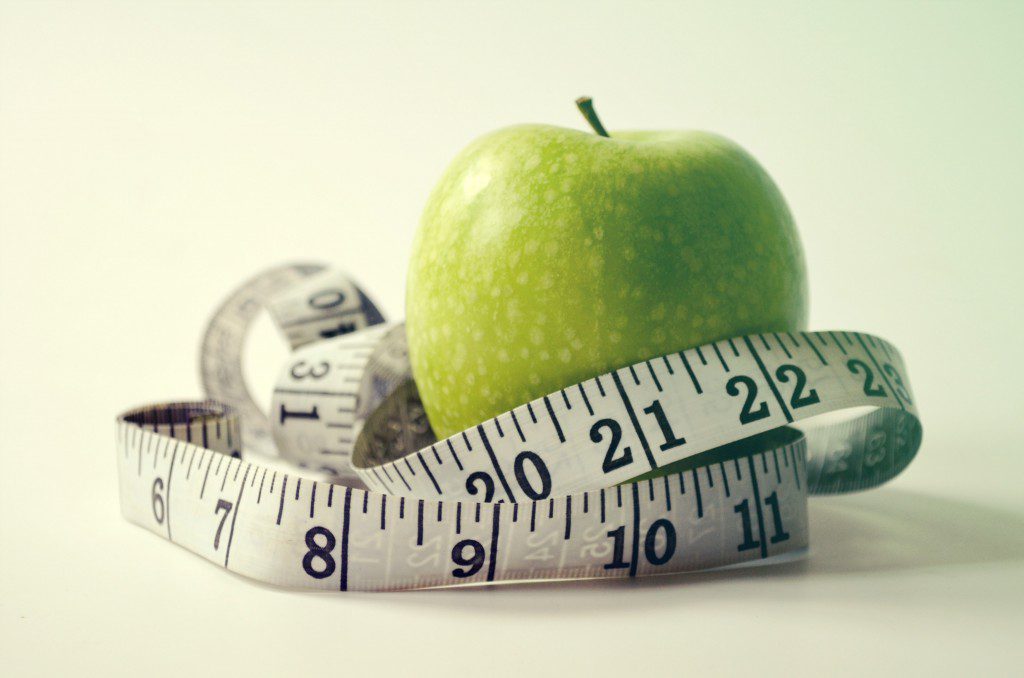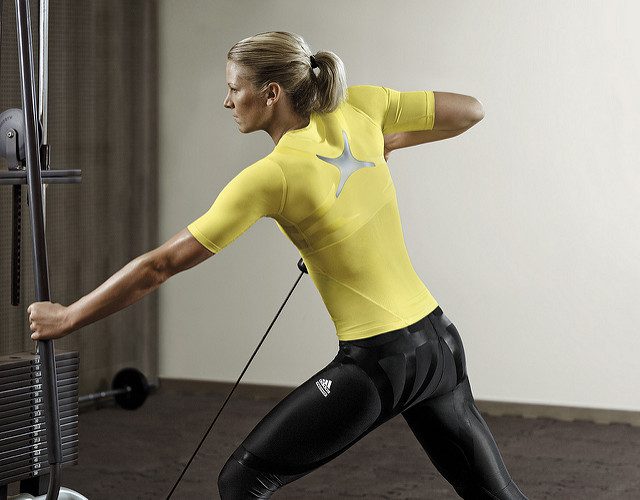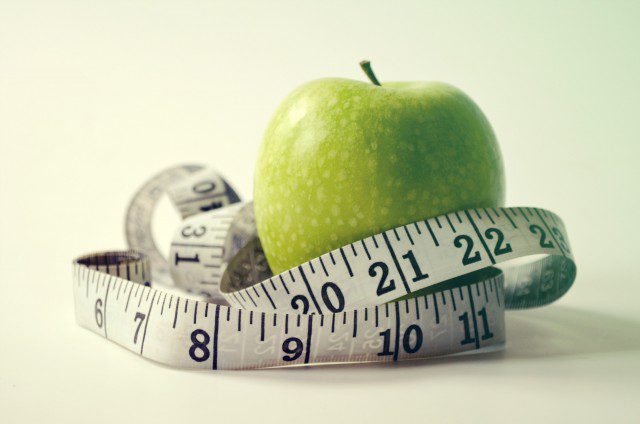
So you’re eating clean and exercising regularly but you’re still not seeing changes in your body shape? Guess what? The macronutrient breakdown of your meals and the times at which you have them could be sabotaging your efforts. As you start to tidy up your diet and make positive habits stick, you may need to also start looking at not only what you are eating but when. This article is aimed at helping you to use nutrition to help, not hinder our progress, especially when it comes to training and recovery.
If you’re not optimising your pre- and post-workout nutrition, you could well be blocking your progress in terms of muscle gain, fitness, performance and well-being. The following tips can be implemented by anyone, from the cross-fit lovers to the yoga enthusiasts. You’ll be surprised not only by how much better you perform during your workout but also by how quickly you recover and the progress you see. If you would like to learn more, check out our Sports Nutrition Course for weight loss and performance!
Pre-workout:
The ‘Don’t Dos’
Don’t: Eat a heavy meal. Eating too much and too close to your workout will leave you feeling heavy and lethargic. It can also result in bloating, or worse still – gas!
Don’t: Eat any sugar or refined carbs prior to your workout. If your aim is fat burning this is one of the worst things you can do. Sugar will spike insulin levels in the blood. High insulin levels in the body keep fat locked up in their fat cells and prevent them from being metabolized.
Don’t: Rely on sports drinks to keep you hydrated. Not only are they completely unnecessary for standard workouts, but they’re also loaded with sugars and additives.
The ‘Do’s‘
Do: Eat a meal containing easily digestible protein 3-4 hours before your workout. Think fish and eggs over red meat which is more difficult to break down. This will supply your muscles with essential amino acids to help fuel you through your workout.
Do: Include a slow releasing carb with your meal. By eating a slow releasing carbohydrate such as a sweet potato a few hours before your workout, you fuel your cells with a steady flow of glucose and avoid the inevitable sugar crash you’d get from refined foods such as white bread.
Do: Include a healthy fat with your meal too. Adding a few olives, some crème fraîche or an avocado to that sweet potato will further slow down its digestion and blunt any insulin spikes (remember we want stable blood sugar going into the workout as elevated blood sugar takes our bodies out of fat burning mode!).
Do: Make sure you’re well hydrated. Even minimal dehydration can lead to a strain on the heart muscle and in turn, under-performance during your workout. Staying hydrated doesn’t just mean drinking water. A deficiency in electrolytes (such as magnesium, potassium and sodium) can also lead to dehydration. Drink lemon water throughout the day as it has the highest content of electrolytes of all the fruit. Adding a pinch of Celtic sea salt will help the body maintain fluids and prevent excess urination.
Do: Experiment with fasted workouts from time to time. This is best carried out first thing in the morning. Exercising in a fasted state has the benefit of allowing the body to tap into stored fat as its energy source. However, if your diet is high in refined carbohydrates you may not be hormonally capable of tapping into this stored fat and you could end up burning muscle instead. If you feel lightheaded or if the integrity of your workout is sacrificed this may not be the best approach for you.
Do: Take a good fish oil supplement an hour before your workout. Exercise is a stress on the body. Fish oil is anti-inflammatory which helps reduce muscle soreness after your workout. Be wary of cheap fish oils which can be rancid and contaminated by heavy metals.
Do: Drink green tea to give you an edge. Studies show that drinking green tea prior to working out increases fat burning and endurance.

Post-workout:
The ‘Don’t Dos’
Don’t: Waste your money on protein powder. Not only are protein shakes expensive but the majority of them contain artificial sweeteners such as aspartame which can be hard work on your liver. Whole food choices are best. That being said, a good quality whey protein that’s naturally sweetened is great when you’re in a rush.
Don’t: Force food down if you’re not hungry. Despite what we’ve been told, it is not necessary to replenish glycogen and amino acids immediately after your workout. Eat within an hour of working out and you’ll still get all of the same benefits.
The ‘Do’s’
Do: Time most of your day’s carbs to post-workout. This is the one time that you purposely want to spike your insulin levels. Elevated insulin levels throughout the day promote weight gain. However, insulin has another purpose; it transports nutrients into the muscle cells which promotes insulin synthesis. A combination of carbohydrates & protein is particularly important after lifting weights as this helps the muscle tissues repair and speeds up the recovery process.
Do: Ensure you eat something that is a complete protein post-workout. A complete protein is one that contains all the essential amino acids that cannot be made in the body & need to be obtained through our diet. Eggs have been hailed as the world’s most perfect protein and have excellent muscle building properties.
Do: Wait 45 minutes before eating anything. For 2 hours after exercising our muscles act like sponges and are extremely efficient at soaking up nutrients. We want to take advantage of this process by eating within this two-hour window. However, during this time the body is producing human growth hormone, which is our fat burning hormone. Food actually hinders the production of HGH so waiting 45 mins will allow you to take advantage of its fat burning properties while staying within the 2-hour window.
Do: Make your own protein shake. Blend hemp seeds, almond milk, berries and a banana for a delicious smoothie that will replenish glycogen stores and feed muscles the vitamin, minerals and amino acids they need.
Do: Drink coconut water if you’ve had an intense workout. Excessive sweating leads to a loss of vital electrolytes, which are needed for brain, heart & nervous system function. Coconut water is particularly high in electrolytes, because of this it’s often referred to as “natures sports drink”.
And don’t forget to check out last week’s post about ‘Running on Fat’ for fuel and our Sports Nutrition Course for weight loss and performance!
Nutritional Therapy 3rd Year Student
Veronica Burke











